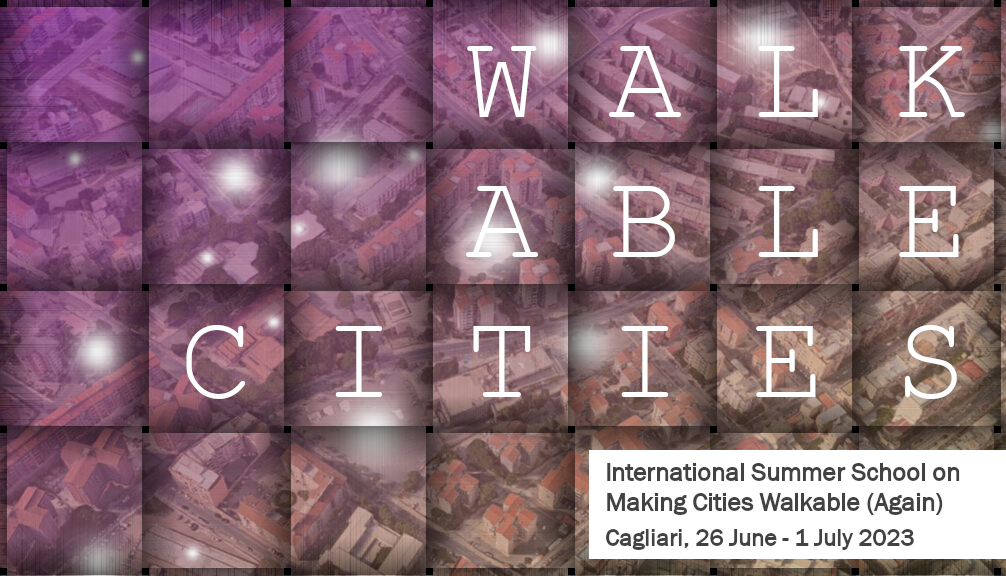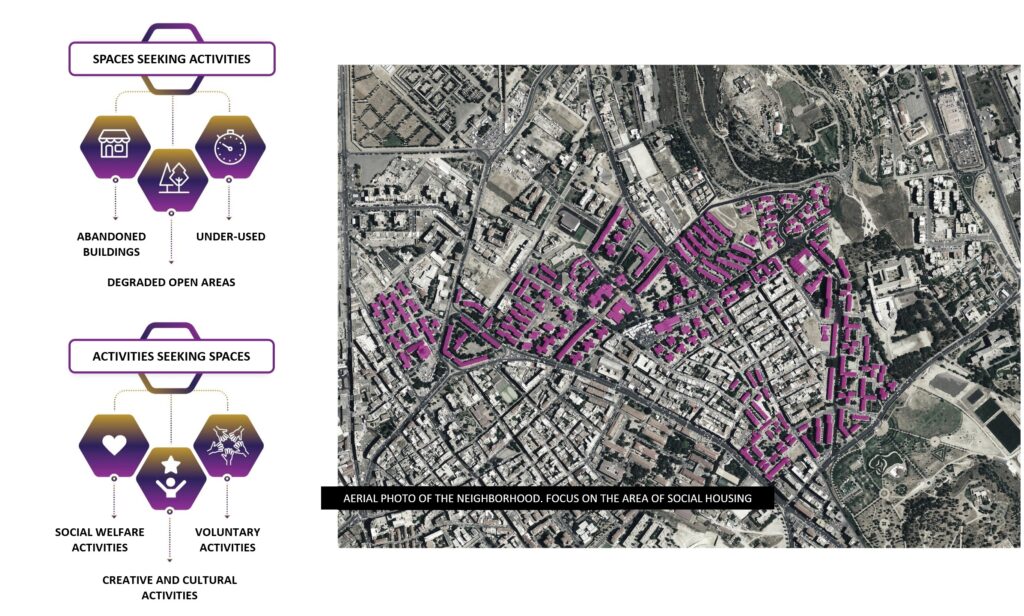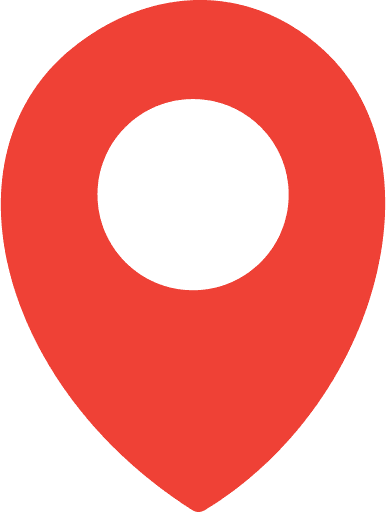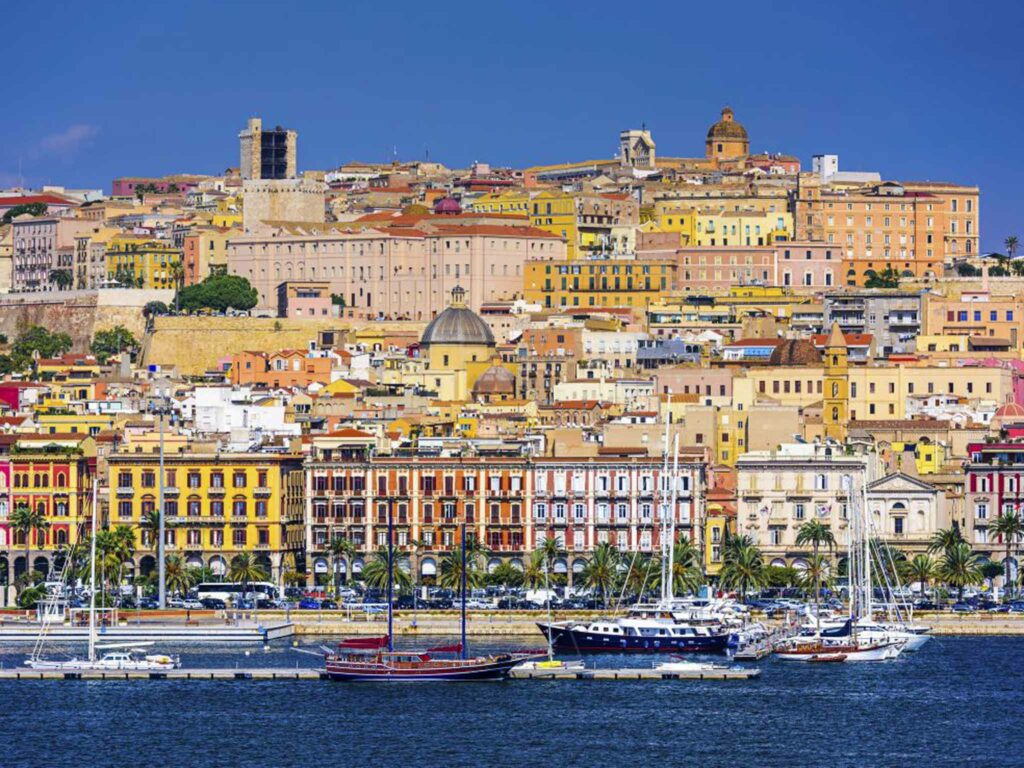International Summer School
Walking Cities
Making Cities Walkable (Again)
Cagliari, 26 June-1 July 2023
Co-organised by Universities of Cagliari, Sassari and Milano-Bicocca, and
promoted by Centro Regionale di Programmazione, Autonomous Region of Sardinia

Aims and methods
The Summer school “Walking Cities” is dedicated to walking in cities and to cities that walk.
The interdisciplinary experience of the School offers a plurality of perspectives and analytical tools to help design policies, projects, and actions for making urban environments and services more conducive to everyday life based on walking and active mobility, and for better integrating them into urban mobility services and infrastructures of contemporary cities.
The Summer School is organised as a one-week residential intensive seminar in Cagliari, from 26 June to 1 July.
The participation is primarily addressed to PhD students, but is also open to graduate students, post-doctoral fellows, young researchers, professionals and public officers interested in the topics of the School.
Besides theoretical and methodological lectures, during the Summer School seminarial activities the participants will conduct a fieldwork on a case-study area in Cagliari, allowing them to experiment and deploy different tools and techniques for observing, interpreting, and representing urban space and social practices in relationship to walkability and mobility patterns, and will then outline proposals for policies and spatial interventions.
To arrive at outlining such proposals, the participants will carry out the fieldwork under the supervision and accompanied by a series of methodological lectures and seminars by invited lecturers, aimed at applying spatial research methods regarding analysis of walkability, mobility patterns and social practices of use of space, exploring the relationship between the quality of urban space (continuity, balance, safety, comfort, accessibility, interest and attractiveness) and inhabitants’ and city users’ perceptions, attitudes, and relations with that space.
Following the fieldwork seminar, the participants will be engaged and coached by invited lecturers to design integrated solutions, including interventions on urban space and possible innovative policies and services. aimed at improving the walkability of the study area.

Programme of activities
Monday, 26 June

Aula 2° floor “ex Presidenza”, Palazzo Cugia
Via Santa Croce 67
14:00-14:30 Introduction
Institutional welcome address
Marco Naseddu (Centro Regionale di Programmazione, Regione Autonoma della Sardegna)
Presentation of the Summer School
Ivan Blečić & Italo Meloni (University of Cagliari), Matteo Colleoni (University Milano-Bicocca), Tanja Congiu (University of Sassari)
14:30-16:30 Lectures “Analytical approaches”
“What about walking in contemporary cities? An overview of methods for assessing the walkability of urban environments”
Olivier Klein (Luxembourg Institute of Socio-Economic Research)
“Safety and visual perception for pedestrians in urban walkability”
Gianfranco Fancello (University of Cagliari)
“Mass assessments of walkability through Machine Learning”
Giuseppe Andrea Trunfio (University of Sassari)
“Virtual immersive reality to analyse the interaction between pedestrians and autonomous vehicles”
Elisabetta Cherchi (Newcastle University, UK)
17:00-19:00 Lectures “Interpretative approaches”
“The approach of environmental psychology to urban mobility and walkability”
Ferdinando Fornara (University of Cagliari)
“Slow Motion. Walking with Narratives”
Lucia Quaquarelli and Adrien Frenay (University Paris-Nanterre)
“Walking the city slowly, as a curious flâneur”
Giampaolo Nuvolati (University MIlano-Bicocca)
Discussion
19:30 Welcome buffet

School of Architecture – Entrance Hall
Via Corte d’Appello 87
Tuesday, 27 June
9:00-12:00 Visit to the study area (Is Mirrionis neighbourhood)
13:00-14:00 Buffet Lunch

School of Architecture – Entrance Hall
Via Corte d’Appello 87
14:00-15:30 Lectures “Actions, Projects, Policies”

Aula 2° floor “ex Presidenza”, Palazzo Cugia
Via Santa Croce 67
“Strategies and measures to promote the use of the active mobility”
Italo Meloni (University of Cagliari)
“Integrated urban policies for sustainable mobility”
Matteo Colleoni (University of Milano-Bicocca)
“Policy Design for Antifragility”
Ivan Blečić (University of Cagliari), Arnaldo Cecchini (University of Sassari)
16:00-18:30 Methods for the Workshop

Aula 2° floor “ex Presidenza”, Palazzo Cugia
Via Santa Croce 67
Methods for spatial analyses (measurements, indicators, analyses of networks and attractors)
Lecturers: Ivan Blečić, Tanja Congiu, Simone Caiello, Valeria Saiu, Olivier Klein
Methods for social analyses (interviews, behaviours, perceptions, practices of use of space)
Lecturers: Ester Cois, Adrien Frenay, Oriana Mosca, Emanuel Muroni, Lucia Quaquarelli, Eleonora Sottile
Group making and assignment of study areas and topics to groups.
Wednesday, 28 June

Aula 2° floor “ex Presidenza”, Palazzo Cugia
Via Santa Croce 67
9:00 – 13:00 (morning): methods development (parallel sessions)
- Session 1: Methods for Spatial Analysis
Lecturers: Ivan Blečić, Tanja Congiu, Simone Caiello, Valeria Saiu, Olivier Klein - Session 2: Methods for Social Analysis
Lecturers: Adrien Frenay, Oriana Mosca, Emanuel Muroni, Lucia Quaquarelli, Eleonora Sottile
14:00-19:00 (afternoon): Fieldwork – application of research methods
Thursday, 29 June
9:00 – 13:00 (morning): groupwork in classroom or fieldwork (under supervision of lecturers)

Aula 2° floor “ex Presidenza”, Palazzo Cugia
Via Santa Croce 67
14:00-19:00 (afternoon): Data analysis, synthesis of results and discussion seminar – parallel sessions
- Session 1: Spatial Analysis
Lecturers: Ivan Blečić, Tanja Congiu, Simone Caiello, Valeria Saiu - Session 2: Social Analysis
Lecturers: Adrien Frenay, Oriana Mosca, Emanuel Muroni, Lucia Quaquarelli, Eleonora Sottile

Aula B (ground floor) – School of Architecture
Via Corte d’Appello 87
Friday, 30 June

Aula B (ground floor) – School of Architecture
Via Corte d’Appello 87
9:00 – 13:00 (morning): project development seminar – parallel sessions
- Session 1: Spatial transformations
Lecturers: Ivan Blečić, Tanja Congiu, Simone Caiello, Valeria Saiu - Session 2: Policies
Lecturers: Ester Cois, Adrien Frenay, Oriana Mosca, Emanuel Muroni, Lucia Quaquarelli, Eleonora Sottile
9:00 – 13:00 (morning): project development – groupwork; review session with teaching staff
Lecturers: Ivan Blečić, Tanja Congiu, Simone Caiello, Valeria Saiu, Emanuel Muroni, Eleonora Sottile
Saturday, 1 July
9:00-13:00 Morning: Wrap-up and preparation of presentations

Aula B (ground floor) – School of Architecture
Via Corte d’Appello 87
13:00-14:00 Buffet Lunch

School of Architecture – Entrance Hall
Via Corte d’Appello 87
15:00-18:00 (afternoon): Presentation of outputs and results with panel discussion with School lecturers and local administrators.

Aula Magna “Gaetano Cima” (1° floor) – School of Architecture
Via Corte d’Appello 87
Speakers presenting outputs, results and projects:
- Katia Botta
- Andrea Cappai
- Gian Pietro Carrogu
- Alessandro Sebastiano Carrus
- Claudia Cicerchia
- Giulia Conti
- Sara Della Santina
- Stéphanie Frau
- Giulia Giliberto
- Giulia Leoni
- Rita Jankowski
- Andrea Manunza
- Ludovica Masia
- Serena Massimo
- Chiara Mureddu
- Michele Pinna
- Vanessa Pinna
- Alessio Pino
- Simona Quaglia
- Anastasiya Ramusik
- Maria Carla Saliu
- Francesca Sanfilippo
- Gabriele Sorba
- Carmen Ulisse
- Marianna Venuti
- Daniel Mark Vitiello
Panel discussion of results
Panelists:
- Adrien Frenay
- Olivier Klein
- Italo Meloni
- Marco Naseddu (Centro Regionale di Programmazione, Regione Autonoma della Sardegna)
- Lucia Quaquarelli
Enrolment
The participation to the Summer School is free (no enrolment fees) and open to application to students at different levels (master’s, PhD, post-doc) and with different backgrounds, as long as they are interested in the themes of sustainable mobility and walkability of the cities.
The Summer School does not cover accommodation and living costs.
Number of participants: minimum 15, maximum 25.
(In case of number of applications exceeding 25, the academic board of the School will make selection based on submitted CVs.)
(Update 16/05/2023) The application for enrolment was closed on 15 May 2023 at midnight.
Credits recognition
The participants will receive an official certificate of attendance, to be used for credits recognition by their home institutions.
The formal duration of the Summer School is 42 hours (20 hours of lectures, 22 hours of laboratory/workshop activities).
Organisation
The Summer School is co-organised by Universities of Cagliari, Sassari and Milano-Bicocca,
and is promoted by Centro Regionale di Programmazione, Autonomous Region of Sardinia
Organising Committee
Ivan Blečić, Simone Caiello, Matteo Colleoni, Tanja Congiu, Italo Meloni, Emanuel Muroni, Eleonora Sottile
Contacts
Ivan Blečić ivanblecic@unica.it
